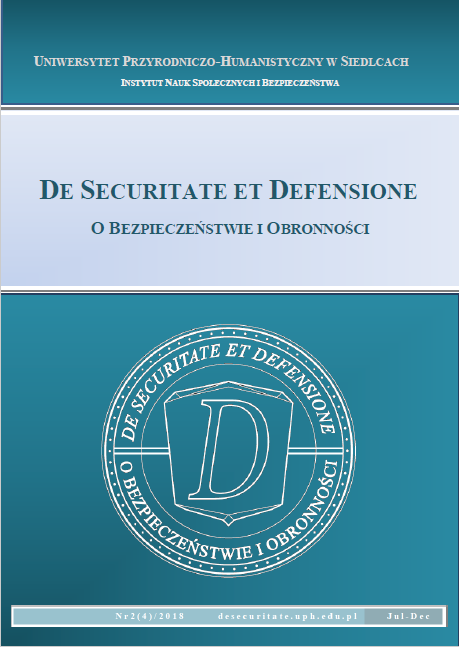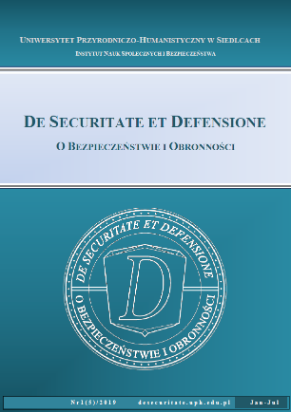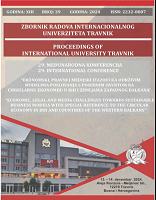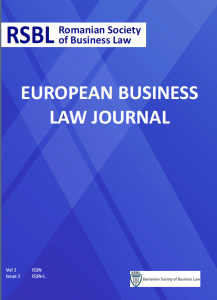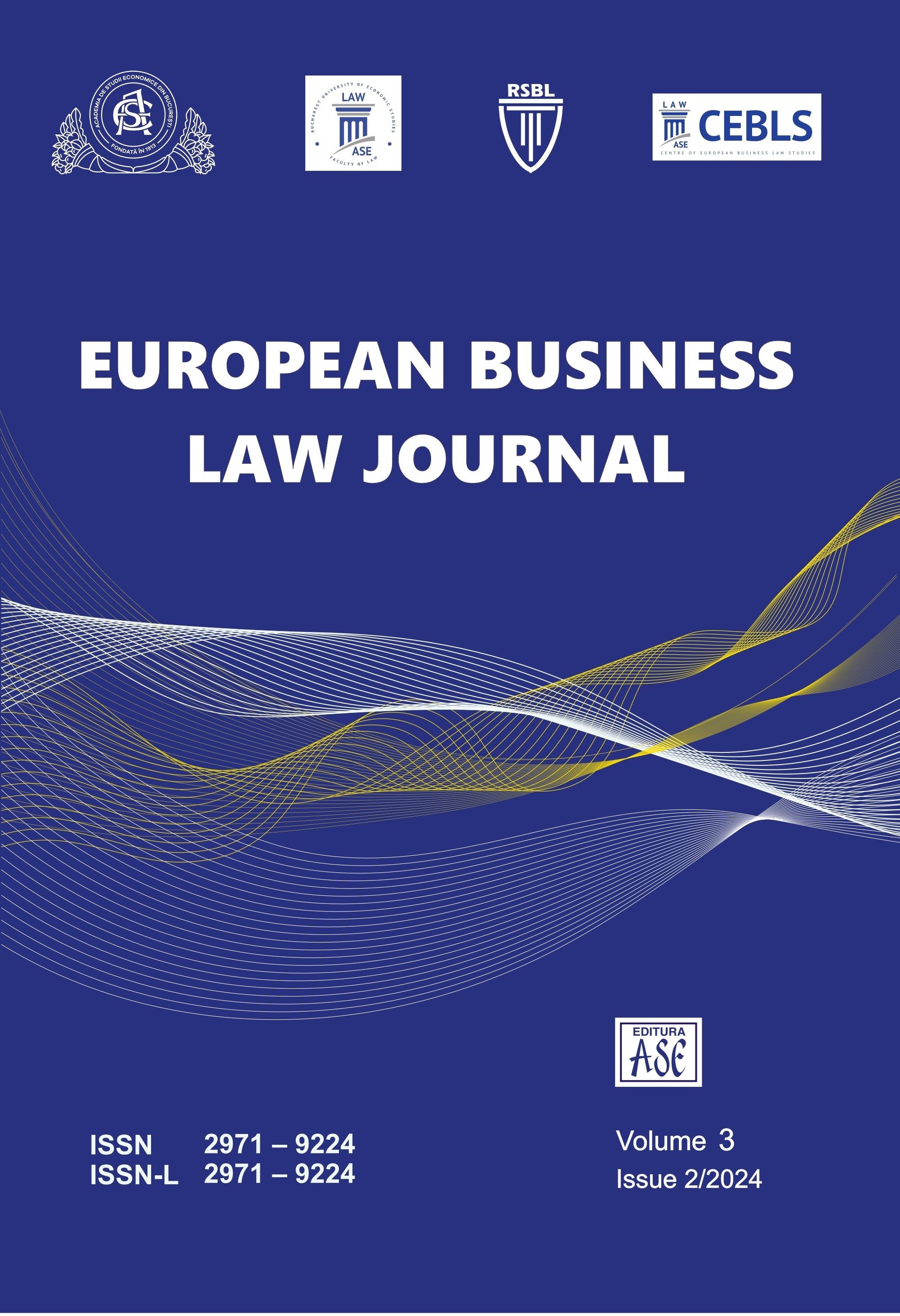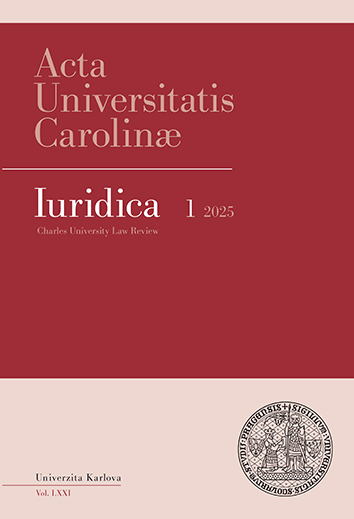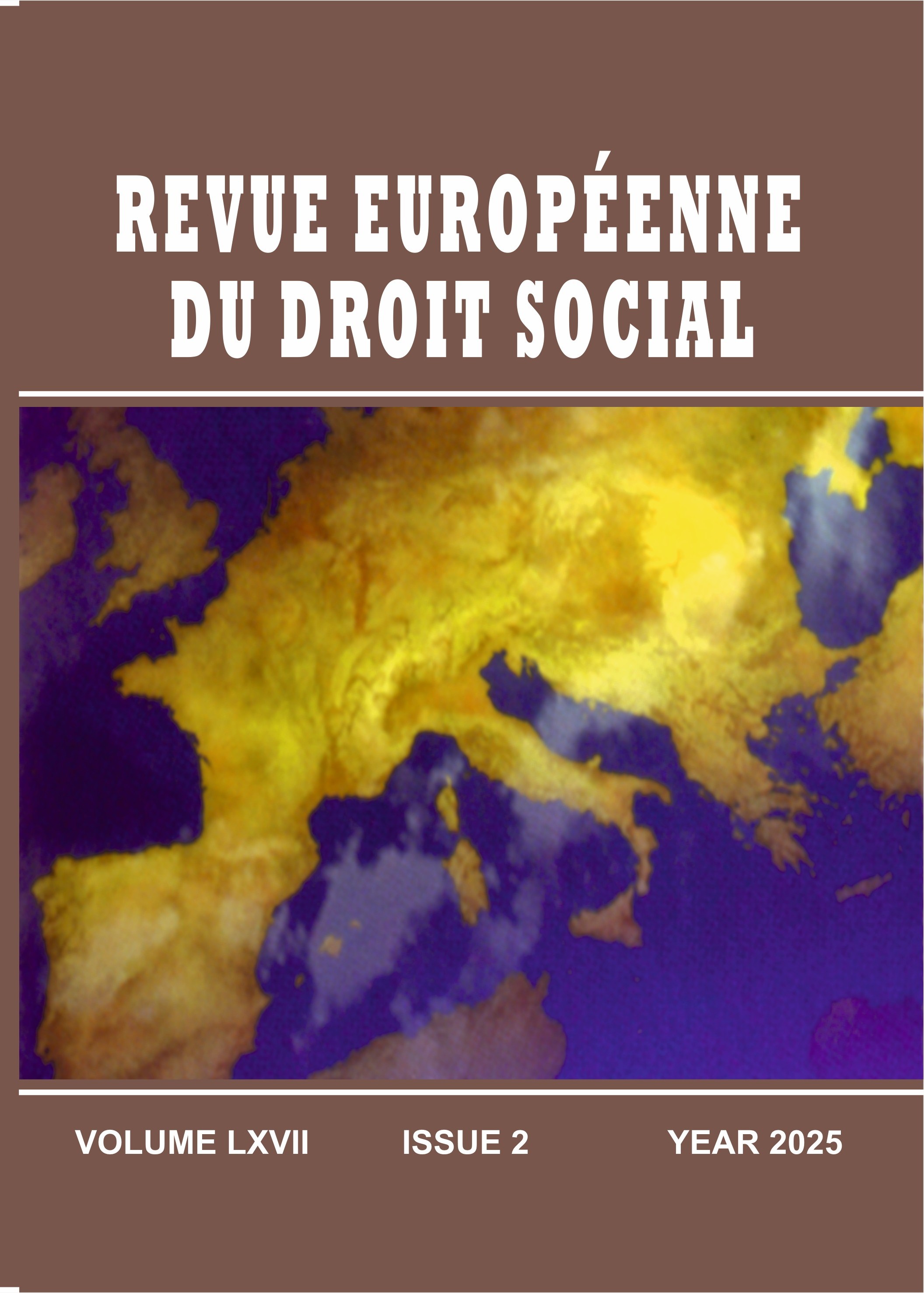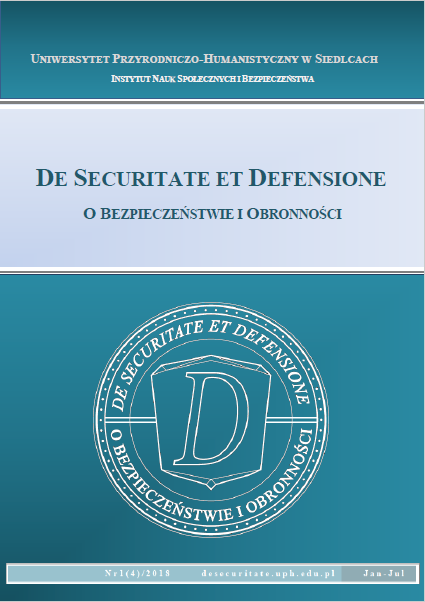
ДОКТРИНА ПРАВА: НЕКОТОРЫЕ МЕТОДОЛОГИЧЕСКИЕ АСПЕКТЫ
The doctrine of law is one of the most important and fascinating problems of legal science. In some legal systems, the doctrine remains a significant source of law. It means that the doctrine of the law goes beyond the scope of scientific problems and has practical value. However, many aspects of the doctrine of law remain highly controversial and ambiguous. To them we can include, among others, its constitutive features, which enable us to distinguish the legal doctrine from other sources clearly. Legal conditions constitute one of the most popular trends of doctrinal research in contemporary Russian literature on legal issues. The ambiguity of the term "doctrine" refers to different approaches that should be considered. This determines the timeliness and necessity of further research on legal doctrine.
More...
